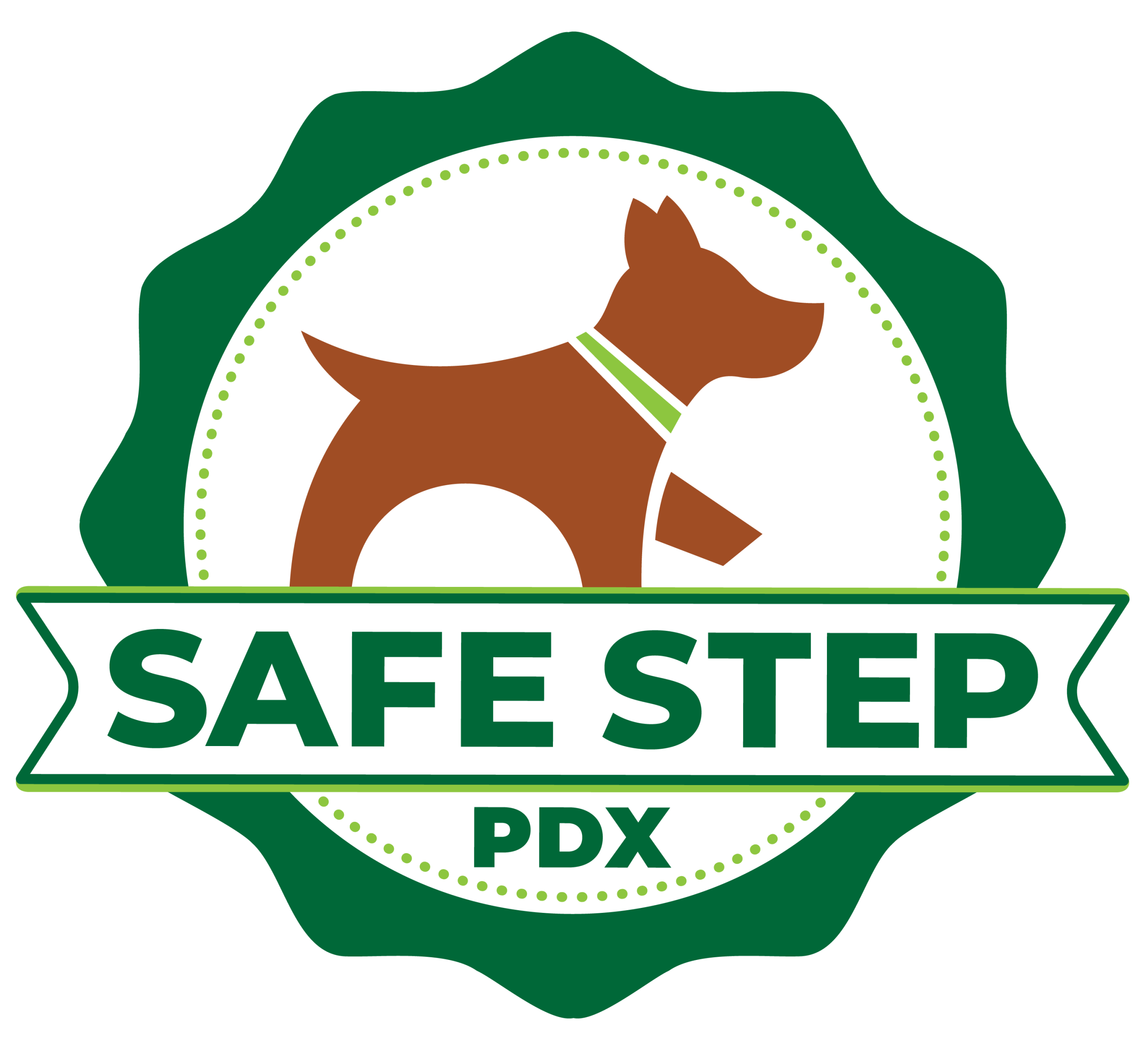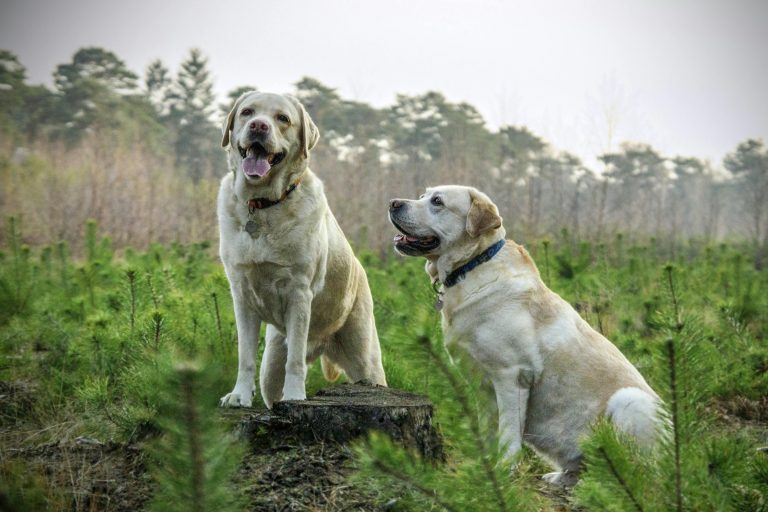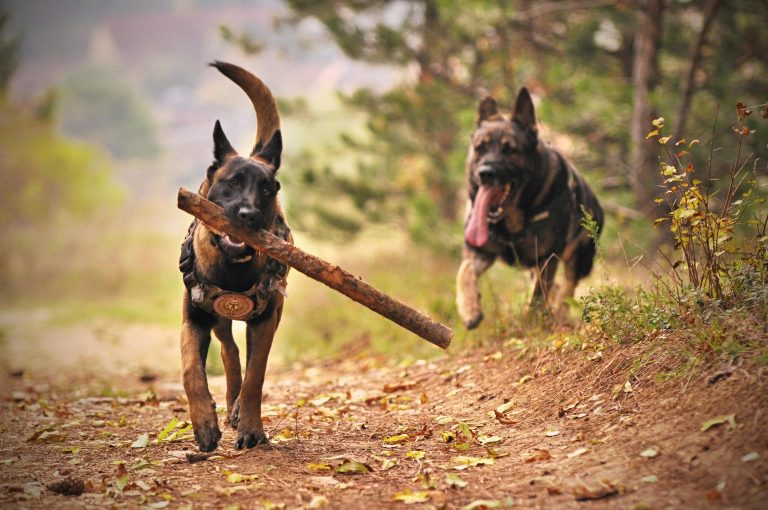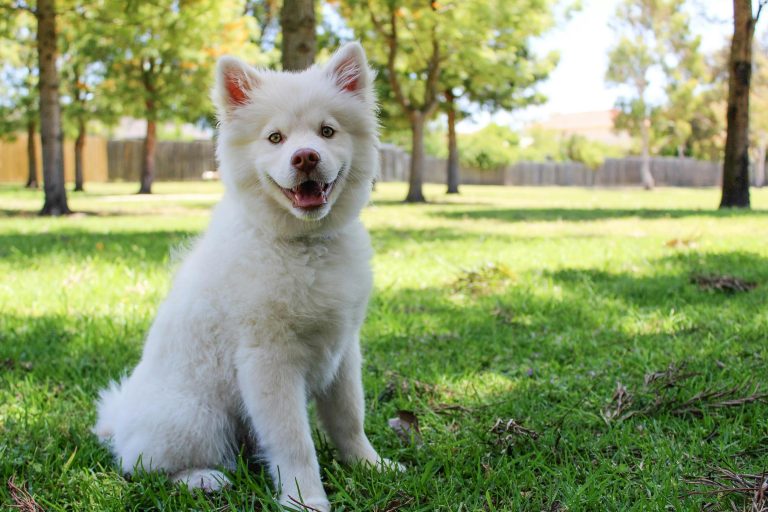Parasites in Dog Feces: Protecting Your Family and Pets
Dog waste contains more than just unpleasant odor and unsightly mess—it harbors numerous parasites that pose serious health risks to both humans and pets. Understanding these parasites and how they spread makes clear why professional pet waste removal isn’t just about convenience—it’s about protecting your family’s health.
Intestinal parasites use dog feces as their primary transmission route, creating infection cycles that can persist in yards for months or years without proper cleanup. SafeStep PDX helps Portland area families break these cycles through regular pooper scooper services that eliminate parasites before they can cause problems.
Roundworms: The Most Common Threat
Roundworms (Toxocara canis and Toxocara cati) are among the most prevalent parasites in dog feces, with studies showing that up to 45% of adult dogs and nearly 100% of puppies harbor these intestinal worms at some point. A single infected dog can shed millions of microscopic roundworm eggs daily in their feces.
These eggs are incredibly resilient. Once deposited in soil through dog waste, roundworm eggs can remain viable and infectious for three to five years. They resist freezing, heat, and many common disinfectants, making them extraordinarily difficult to eliminate once they contaminate an area.
Humans, particularly children, can become infected with roundworms through accidental ingestion of contaminated soil. This typically occurs when kids play in yards or sandboxes where infected dog feces has been present, then put their hands in their mouths before washing thoroughly.
Roundworm infection in humans causes a condition called toxocariasis, which ranges from no symptoms to serious illness. The larvae can migrate through the body, affecting organs and potentially causing vision problems or even blindness if they reach the eyes. Other cases involve abdominal pain, fatigue, coughing, and fever.
Professional pet waste removal services eliminate roundworm eggs before they can mature and become infectious. Regular cleanup by trained technicians prevents the accumulation that creates long-term contamination in yards where children and pets play.
Hookworms: Penetrating Skin Barriers
Hookworms (Ancylostoma caninum and Ancylostoma braziliense) present unique dangers because they can penetrate human skin directly, not requiring ingestion for infection. These parasites thrive in warm, moist environments—conditions frequently found in Oregon yards during the mild, wet climate.
When hookworm larvae contact bare skin, they burrow through and begin migrating beneath the surface. This creates a condition called cutaneous larva migrans, characterized by intensely itchy, red, winding tracks on the skin where larvae move. These tracks can extend for inches or feet, creating weeks or months of discomfort.
Children playing barefoot in yards contaminated with dog feces face the highest risk of hookworm skin infections. The larvae can also enter through any skin contact with contaminated soil, making yard cleanup essential for preventing exposure.
In dogs, hookworms attach to intestinal walls and feed on blood, causing anemia that can be life-threatening in puppies. Infected dogs shed thousands of eggs daily in their feces, creating ongoing contamination that reinfects dogs and creates human exposure risks.
Professional pooper scooper services prevent hookworm larvae from developing in yards by removing waste before eggs can hatch. Regular cleanup breaks the transmission cycle and protects both pets and people from infection.
Whipworms: Long-Term Soil Contamination
Whipworms (Trichuris vulpis) create long-lasting contamination problems because their eggs are extremely durable in the environment. Once deposited in soil through dog waste, whipworm eggs can survive for five years or more, creating persistent infection risks.
Dogs become infected by ingesting whipworm eggs from contaminated soil. The parasites then mature in the large intestine, causing bloody diarrhea, weight loss, and general poor health. Infected dogs shed eggs that contaminate yards, creating cycles of reinfection that are difficult to break without consistent waste removal.
While whipworms primarily affect dogs rather than humans, their long persistence in contaminated soil makes them a significant concern for dog owners. Professional pet waste removal services provide the consistent cleanup needed to prevent whipworm contamination from becoming established in yards.
Giardia: Microscopic but Dangerous
Giardia is a microscopic protozoan parasite that causes severe gastrointestinal illness in both dogs and humans. This organism forms cysts that can survive in the environment for weeks or months, particularly in cool, moist conditions like those in Portland yards.
Giardia infection causes intense diarrhea, abdominal cramping, nausea, dehydration, and weight loss. While usually self-limiting in healthy adults, giardia can cause serious complications in young children, elderly individuals, and those with compromised immune systems.
Dogs infected with giardia shed millions of cysts in their feces, contaminating yards and water sources. The cysts are immediately infectious when shed, meaning fresh dog waste poses immediate transmission risks.
Giardia spreads through the fecal-oral route, meaning humans and pets become infected by accidentally ingesting microscopic amounts of contaminated material. This can occur through contact with contaminated soil, water, or surfaces.
Professional dog waste removal services eliminate giardia cysts before they can spread throughout yards or wash into water sources. Regular cleanup prevents the contamination that creates ongoing infection cycles.
Tapeworms: Multiple Transmission Routes
Tapeworms come in several species that affect dogs, including Dipylidium caninum (transmitted by fleas) and Taenia species (transmitted by wildlife). While direct transmission from dog feces to humans is rare, tapeworms represent another parasite burden affecting dog health.
Dogs with tapeworms may show few symptoms or may experience weight loss, abdominal discomfort, and visible tapeworm segments in feces or around the anus. These segments, which look like grains of rice, contain thousands of eggs that contaminate the environment.
Professional pet waste removal reduces tapeworm transmission by eliminating fecal material that attracts fleas and other intermediate hosts. Regular cleanup supports overall parasite control programs and keeps yards cleaner.
Coccidia: Protozoal Parasites
Coccidia are single-celled parasites that commonly affect puppies and young dogs, causing watery or bloody diarrhea. Like giardia, coccidia form environmentally resistant cysts that contaminate yards through infected dog feces.
The organisms multiply rapidly in the intestinal tract, and infected dogs shed millions of cysts that can survive in soil for months. Puppies are particularly vulnerable to severe coccidia infections that can cause life-threatening dehydration.
Professional pooper scooper services help control coccidia by removing contaminated waste before cysts can mature and become infectious. This is particularly important in households with multiple dogs or those planning to add puppies to the family.
How Parasites Spread in Yards
Understanding the transmission cycle helps explain why professional dog waste removal is so effective at preventing parasite problems. The cycle typically follows this pattern:
Infected dogs shed parasite eggs or cysts in their feces. These eggs/cysts contaminate the soil and grass in yards. Depending on the parasite species, eggs may need days to weeks in the environment to mature and become infectious. Dogs then become reinfected by sniffing, licking, or walking through contaminated areas. Humans, especially children, become exposed through contact with contaminated soil.
Professional pet waste removal services interrupt this cycle at the first step by removing contaminated feces before parasites can complete their development and spread. Regular cleanup prevents the buildup that creates persistent contamination.
Environmental Persistence
The remarkable environmental resilience of many dog parasites makes prompt, consistent waste removal essential. Roundworm eggs can survive three to five years in soil. Whipworm eggs persist for five years or more. Hookworm larvae can survive for weeks or months in favorable conditions. Giardia cysts remain viable for several weeks to months.
This persistence means that even occasional lapses in cleanup can create long-term contamination problems. Professional pooper scooper services provide the consistency needed to prevent parasites from establishing persistent presence in yards.
Special Risks for Children
Children face higher parasite exposure risks than adults for several reasons. They play close to the ground where contaminated soil is present. They put their hands and objects in their mouths more frequently. They may not understand or follow hygiene precautions. Their developing immune systems may be less able to control infections.
Families with young children particularly benefit from professional pet waste removal services that ensure yards stay free of parasite contamination. The consistent cleanup provides peace of mind that outdoor play areas are safe.
Protecting Your Pets
Dogs living in yards with accumulated waste face constant reinfection risks even if treated for parasites. The contaminated environment continuously reintroduces eggs and cysts that reestablish infections.
Professional dog waste removal supports veterinary deworming programs by eliminating the environmental contamination that causes reinfection. Dogs maintain better health when waste is removed regularly, breaking the cycle of infection and reinfection.
The Professional Service Advantage
Professional pet waste removal services provide several advantages over DIY cleanup for parasite control:
Consistency ensures waste is removed on schedule before parasites can mature and spread. Thoroughness by trained technicians means all waste is found and removed, not just the most obvious piles. Proper disposal prevents contamination from spreading to other areas or entering water systems.
SafeStep PDX provides professional pooper scooper services throughout the Portland metro area with the consistency and thoroughness needed to effectively control parasites. Our regular service protects families and pets by eliminating contamination before it can create health problems.
Taking Action Against Parasites
Understanding the parasite risks in dog feces makes clear why professional waste removal is a health measure, not just a convenience service. Regular cleanup by trained professionals provides the best protection against the parasites that threaten family and pet health.
If you’re ready to protect your household from the hidden dangers in dog waste, professional pet waste removal offers the most effective solution. Contact SafeStep PDX at 503-308-9085 to discuss how our service keeps your yard free from parasites and safe for everyone who uses it.







